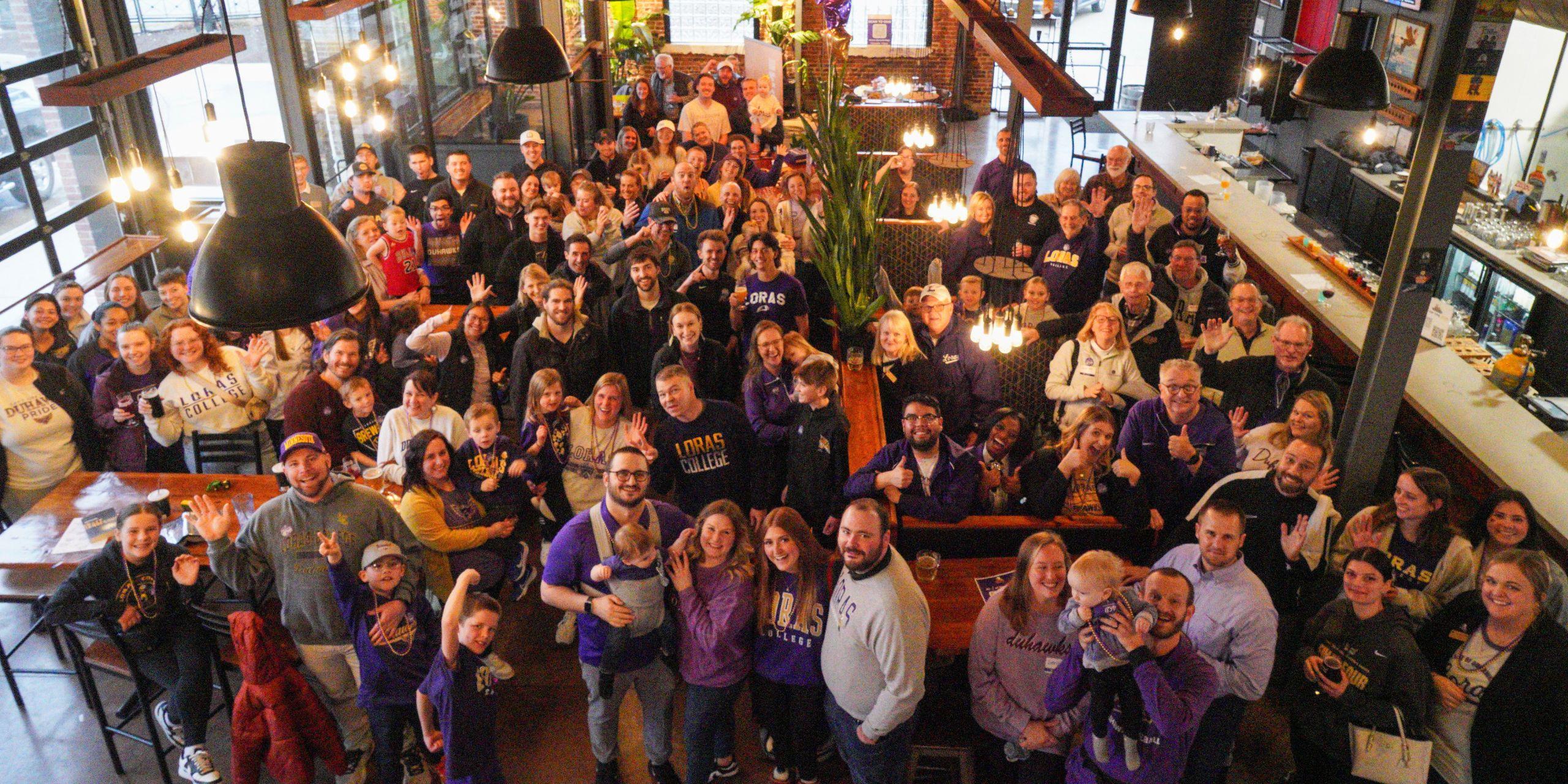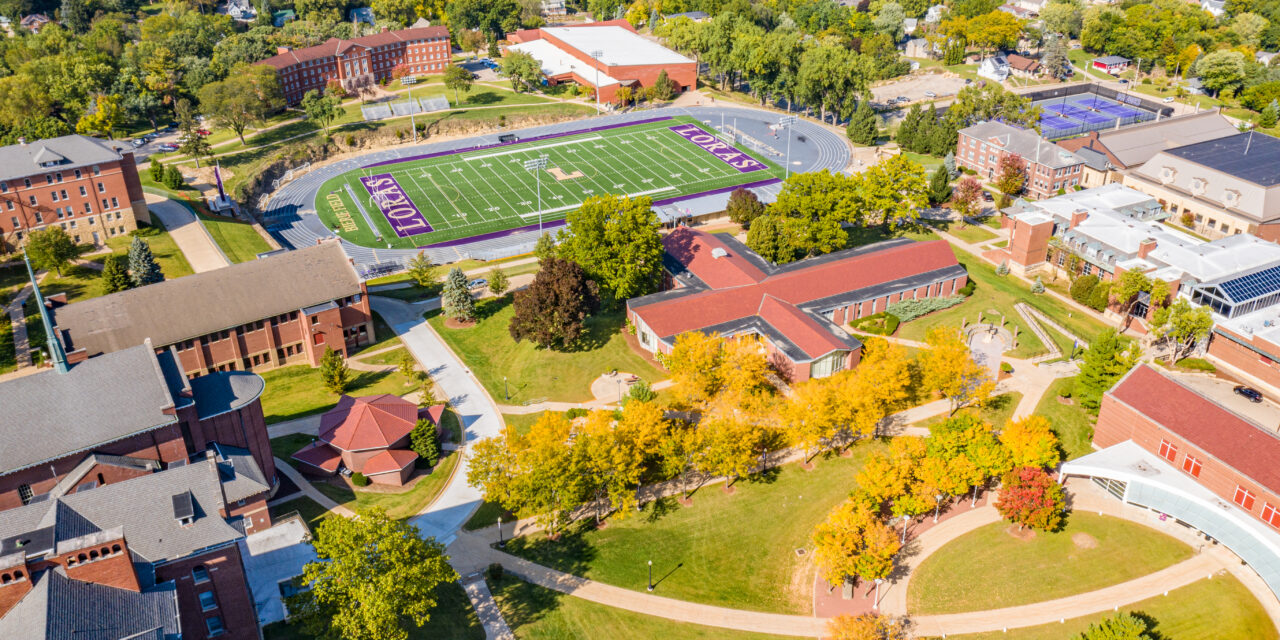As a lifelong football enthusiast and sports analyst with over a decade of experience covering Serie A, I’ve always been fascinated by clubs that balance rich heritage with modern ambition. Genoa Football Club, founded back in 1893, stands tall as one of Italy’s oldest and most storied teams. Their journey—from pioneering Italian football to navigating the turbulent waves of relegation and promotion—reflects a legacy that’s both inspiring and instructive. I remember watching their 1991-92 campaign, where they finished fourth and even reached the UEFA Cup semifinals; it was a period that showcased their potential to compete among Europe’s finest. Fast forward to today, and the club’s current season has caught my attention for all the right reasons. They’re demonstrating a blend of tactical intelligence and squad management that reminds me of the thoughtful approach mentioned by coach Tim Cone in a basketball context: “So we’re trying to find pockets in which we can give Justin a little bit more rest than he normally does, trying to get that for Japeth (Aguilar) as well.” In Genoa’s case, this philosophy translates into how they’re rotating key players like Albert Guðmundsson and Mateo Retegui, ensuring freshness and reducing injury risks—a strategy that’s paying off with their impressive Serie A performances this year.
Looking back, Genoa’s history is a tapestry of highs and lows that any football fan can appreciate. They’ve won the Serie A title nine times, though the last one dates to 1924, which underscores their long-standing influence in Italian football. I’ve always admired how they’ve maintained a strong identity despite financial and competitive challenges, much like how Cone’s quote emphasizes finding strategic “pockets” for player rest. For instance, in the 2022-23 season, Genoa averaged around 55% possession in matches, but this year, they’ve smartly shifted to a more counter-attacking style, conserving energy for crucial moments. Their current squad, with players like Milan Badelj providing veteran leadership, has allowed them to secure vital points against top teams—like that thrilling 2-2 draw with Juventus earlier this season, where they rallied from a goal down. From my perspective, this adaptability is key; it’s not just about raw talent but managing resources wisely. I recall analyzing their 2021 relegation, where fatigue and injuries plagued the team, making Cone’s approach all the more relevant. By integrating younger talents such as Caleb Ekuban, who’s scored 5 goals in 15 appearances this term, they’ve created a dynamic mix that keeps opponents guessing.
In the current season, Genoa’s success isn’t just a fluke—it’s a testament to strategic planning and emotional resilience. They’re sitting comfortably in the top half of the table, with roughly 38 points from 25 matches as of my last check, and their home form at the Stadio Luigi Ferraris has been a fortress, drawing crowds of over 30,000 fans. What I love about this team is how they’ve embraced underdog moments, similar to how Cone’s rest strategy prioritizes long-term gains over short-term exhaustion. For example, in a recent match against Napoli, they rotated three starters and still managed a 1-0 victory, showcasing depth that many pundits, including myself, underestimated. Personally, I think their coach, Alberto Gilardino, has done a phenomenal job instilling a collective spirit; it’s refreshing to see a club avoid the burnout that often plagues mid-table teams. Off the pitch, their youth academy continues to produce gems, contributing to about 20% of the first-team minutes this season—a stat that highlights sustainable growth. As someone who’s followed Italian football for years, I believe Genoa’s approach could serve as a blueprint for other clubs: focus on player welfare, blend experience with youth, and never lose sight of your roots.
Wrapping it up, Genoa Football Club’s journey is a compelling story of endurance and innovation. From their historic triumphs to the current season’s strides, they exemplify how strategic rest and rotation—akin to Cone’s insights—can fuel sustained success. I’m optimistic about their chances to finish in a European qualification spot, possibly aiming for 50-plus points by season’s end, and I’d argue that their model deserves more attention in football analytics circles. In my view, clubs that honor their past while adapting to modern demands, like Genoa does, are the ones that truly thrive. So, if you’re a fan or a neutral observer, keep an eye on this squad—they’re writing a new chapter that’s as exciting as their legendary past.




